Metaverse is estimated to be a multi-trillion dollar industry. Banks can hardly find themselves sitting down when such potential shows up.
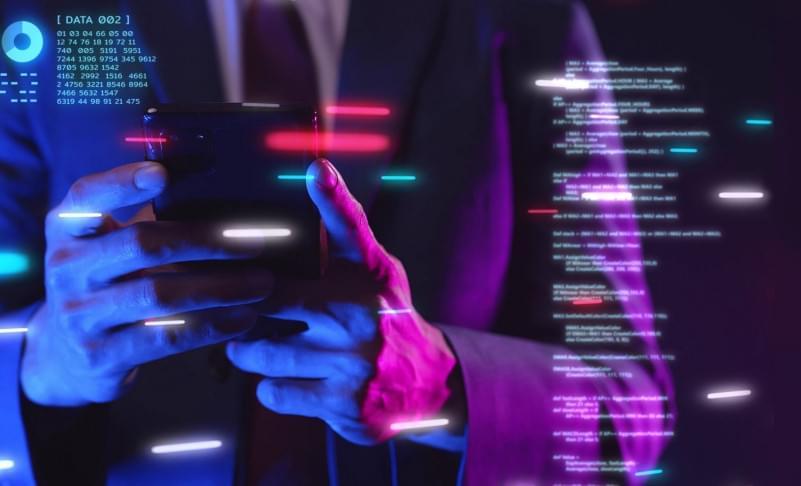

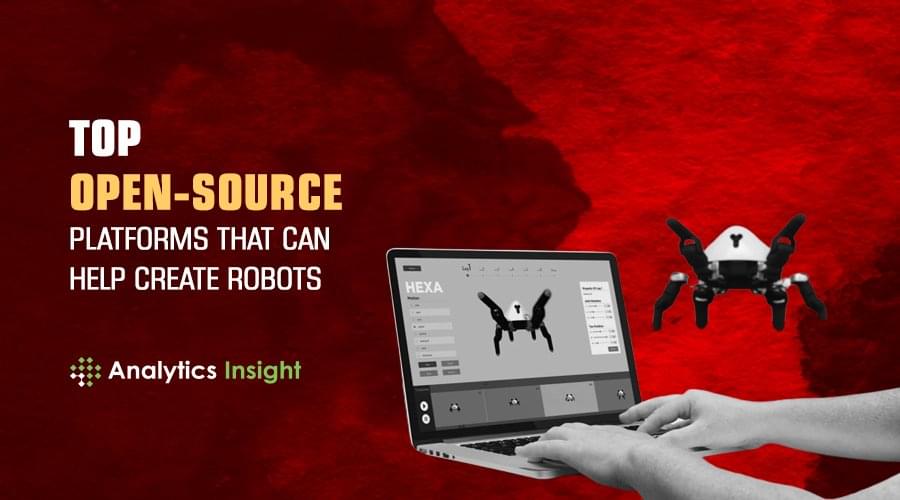
One multi-task performing robot can create an enormous difference in the cores of a business operation and its workflow. Over the past few years, robotics technology has risen and is still moving up the ladder, proving its worth by providing huge successes to businesses with increased productivity and customer retention rates.
These brave new robots are becoming a part of other technological changes and are moving towards enabling unprecedented opportunities for industries around the globe.
Every robot is an integration of sleek electronics and versatile software. Robots have to connect to real-life circumstances and perform based on predictive analytics about the situations that might occur in the future.
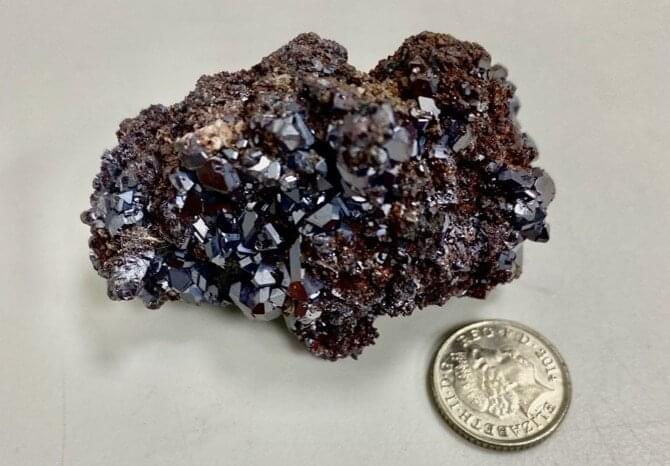
A special form of light made using an ancient Namibian gemstone could be the key to new light-based quantum computers, which could solve long-held scientific mysteries, according to new research led by the University of St Andrews.
The research, conducted in collaboration with scientists at Harvard University in the US, Macquarie University in Australia and Aarhus University in Denmark and published in Nature Materials, used a naturally mined cuprous oxide (Cu2O) gemstone from Namibia to produce Rydberg polaritons, the largest hybrid particles of light and matter ever created.
Rydberg polaritons switch continually from light to matter and back again. In Rydberg polaritons, light and matter are like two sides of a coin, and the matter side is what makes polaritons interact with each other.
I made this video clip with excerpts from a recent TEDx talk by David Sinclair. The link to the entire talk is in the description.
He agregado subtítulos en Español.
Videoclip taken from a talk given by scientist David Sinclair on March 15, 2022 during a TEDx Talk in Boston. To watch the entire TEDx talk clic here: https://external-sjc3-1.xx.fbcdn.net/safe_image.php?w=50…RjQw7UlAwN
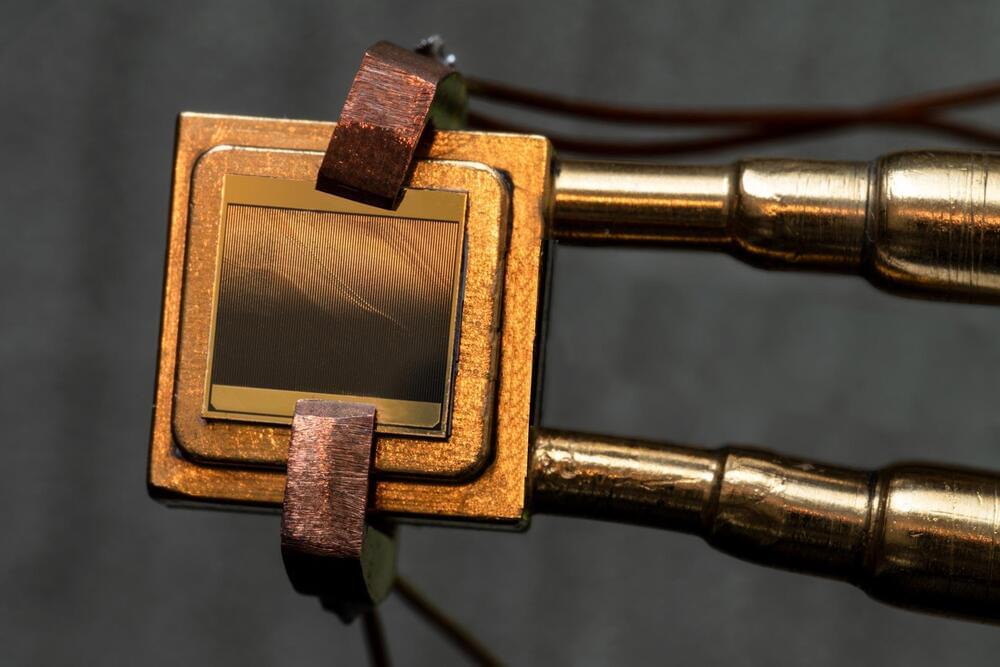
The design could someday enable a fully decarbonized power grid, researchers say.
Engineers at MIT and the National Renewable Energy Laboratory (NREL) have designed a heat engine with no moving parts. Their new demonstrations show that it converts heat to electricity with over 40 percent efficiency — a performance better than that of traditional steam turbines.
The heat engine is a thermophotovoltaic (TPV) cell, similar to a solar panel’s photovoltaic cells, that passively captures high-energy photons from a white-hot heat source and converts them into electricity. The team’s design can generate electricity from a heat source of between 1,900 to 2,400 degrees Celsius 0, or up to about 4,300 degrees Fahrenheit.
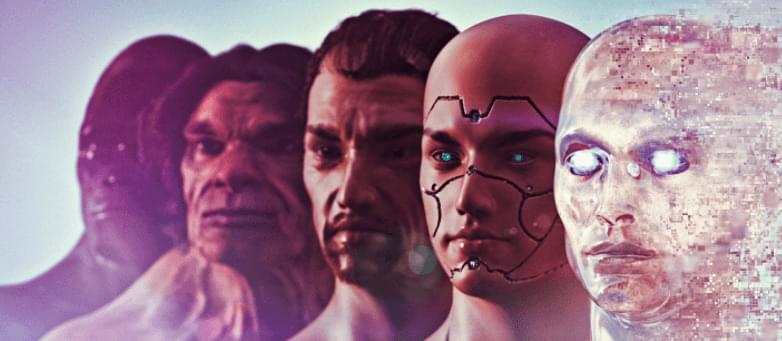
From self-replicating molecules in Archean seas, to eyeless fish in the Cambrian deep, to mammals scurrying from dinosaurs in the dark, and then, finally, improbably, ourselves – evolution shaped us.
Organisms reproduced imperfectly. Mistakes made when copying genes sometimes made them better fit to their environments, so those genes tended to get passed on. More reproduction followed, and more mistakes, the process repeating over billions of generations. Finally, Homo sapiens appeared. But we aren’t the end of that story. Evolution won’t stop with us, and we might even be evolving faster than ever.
It’s hard to predict the future. The world will probably change in ways we can’t imagine. But we can make educated guesses. Paradoxically, the best way to predict the future is probably looking back at the past, and assuming past trends will continue going forward. This suggests some surprising things about our future.
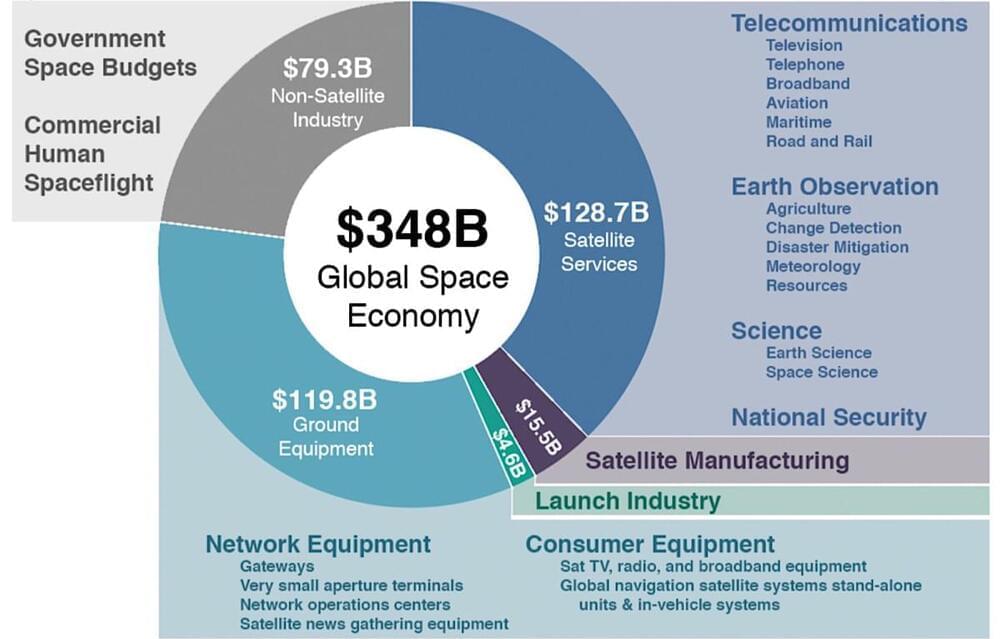
2022 is set to be a major year for the space economy. According to the Space Foundation, 15 new launch vehicles are set to debut this year, more than any other year in space history. Last year, US spaceports had more launches than any year since 1967, and the number is climbing. Meanwhile, employment in the core US space industry employment is at a 10-year high.
The momentum is there for a flourishing space economy that, according to NASA leaders, could in 20 years take public and private missions beyond low Earth orbit (LEO), with services and infrastructure on the lunar surface and in cislunar space. It’s a fast-growing economy, NASA leaders said at the 37th Space Symposium, that offers promising opportunities for young people who want to get their foot in the door.
The space economy is already a $400 billion industry “and on the way to $1 trillion, and I suspect it’ll get there faster than we think,” James Reuter, associate administrator for the Space Technology Mission Directorate (STMD) at NASA, said during a panel this week at the 37th Space Symposium in Colorado Springs.
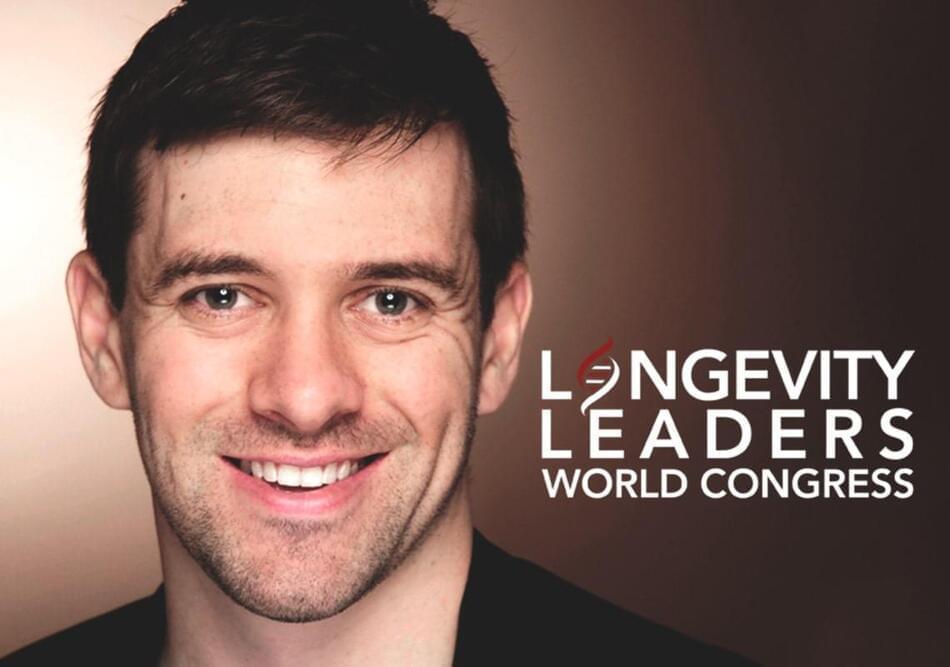
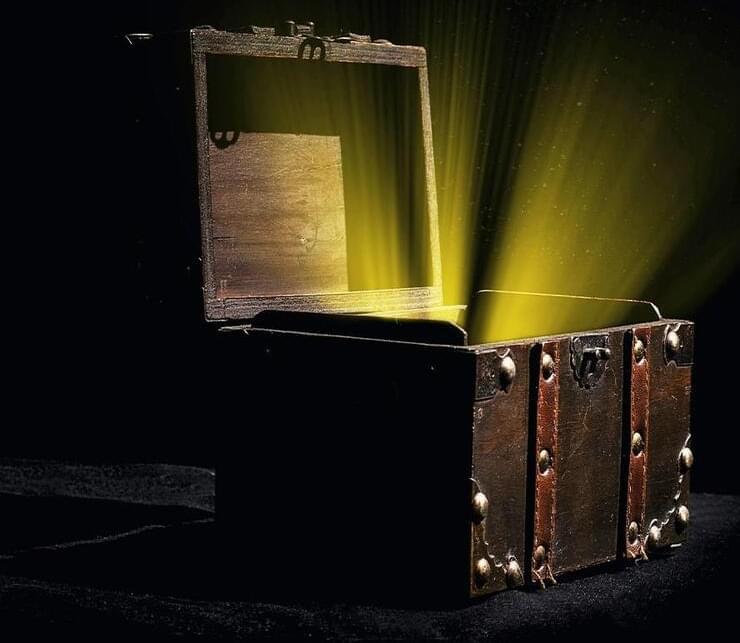
Seattle-based longevity biotech YouthBio Therapeutics has emerged from stealth mode, revealing it is working on the development of “gene therapies aimed at epigenetic rejuvenation, particularly with the help of partial reprogramming by Yamanaka factors.” The company boasts some top longevity science talent, with Dr João Pedro de Magalhães serving as its chief scientific officer and Dr Alejandro Ocampo as lead research collaborator.
Longevity. Technology: Cellular reprogramming is hot, hot hot! YouthBio joins a growing list of companies, including Altos Labs, Shift Bioscience and Turn Bio, among others, all aiming to change the course of human health through this exciting, yet early stage, science. Like everyone else, we’ll be watching all the players very closely – where will the first major breakthrough come from?
Cellular reprogramming is the process by which aged cells can be returned to a pluripotent (embryonic-like) state. This process, which can be achieved using Yamanaka factors, also improves the cells’ aging hallmarks. Partial reprogramming means that Yamanaka factors are induced only for short periods, which is not enough to fully change cells beyond a point of no return but is enough to induce rejuvenation.
Loading And Transporting On Site The Caterpillar 385C Excavator – Sotiriadis/Labrianidis Mining Amazing Excavators At Work, Heavy Equipment, Heavy Machines.